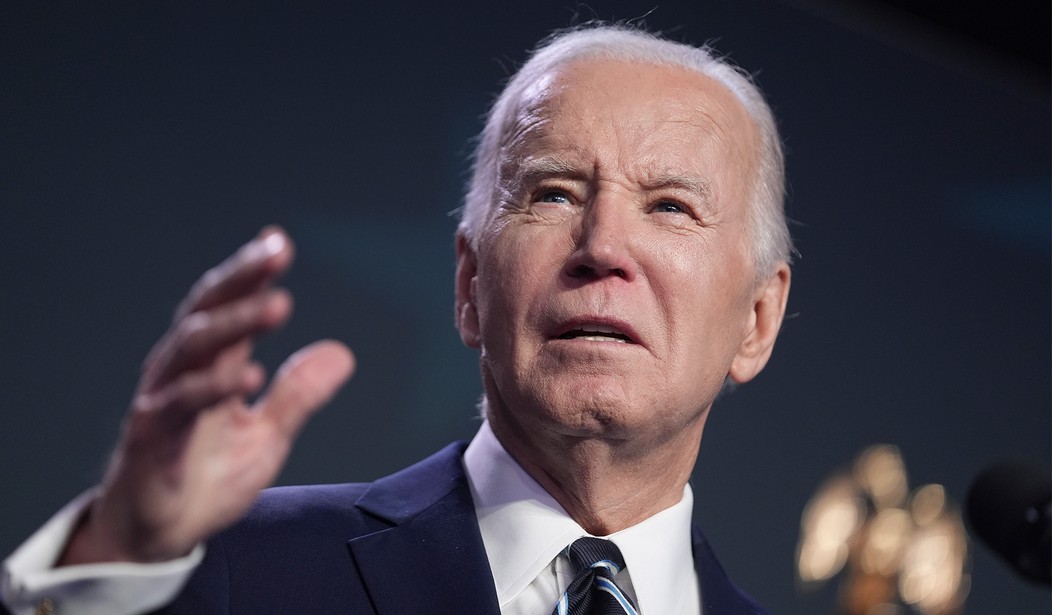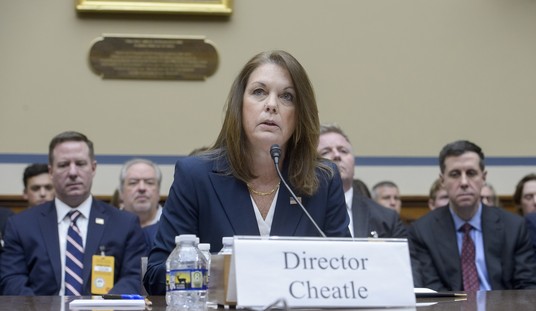A political consultant working for Democratic presidential candidate Rep. Dean Phillips admitted he commissioned the AI-generated robocall impersonating President Biden last month.
In an interview with NBC News, Steve Kramer defended the robocall, which discouraged voters from participating in New Hampshire’s Democrat primary.
“I’m not afraid to testify, I know why I did everything,” he said. “If a House Oversight Committee wants me to testify, I’m going to demand they put it on TV because I know more than them.”
The call, which prompted investigations from multiple law enforcement agencies, was done to draw attention to the dangers of AI in politics, Kramer told NBC.
“This is a way for me to make a difference, and I have,” he claimed. “For $500, I got about $5 million worth of action, whether that be media attention or regulatory action.”
While one of his clients at the time was Phillips, the Minnesota Democrat’s campaign said it was not involved.
Kramer said he came up with the idea for the hoax entirely on his own and that it had nothing to do with his client, Biden's long-shot primary challenger, Rep. Dean Phillips, D-Minn. Phillips had paid Kramer over $250,000 around the time the robocall went out in January, according to his campaign finance reports.
Phillips and his campaign have denounced the robocall, saying they had no knowledge of Kramer’s involvement and would have immediately terminated him if they had known.
Phillips’ press secretary Katie Dolan said in response to Kramer’s statement Sunday, “Our campaign repeats its condemnation of these calls and any efforts to suppress the vote.” (NBC)
Recommended
Kramer explained he waited until after the South Carolina primary to fess up, noting that the New Hampshire robocall wasn't going to change anything in that contest.
"If I had come out right away, it takes away from the goal of the call," he said, adding that he wanted to wait for regulators to act.
Kramer hired New Orleans magician Paul Carpenter to use AI to create the audio file, paying him $150 for the job. He then used Texas telemarketer Life Co. to distribute it, but said the company "had no knowledge of the content of his call prior to delivery."
The robocall telling New Hampshire residents to save their vote for November went to more than 5,000 voters.

























Join the conversation as a VIP Member